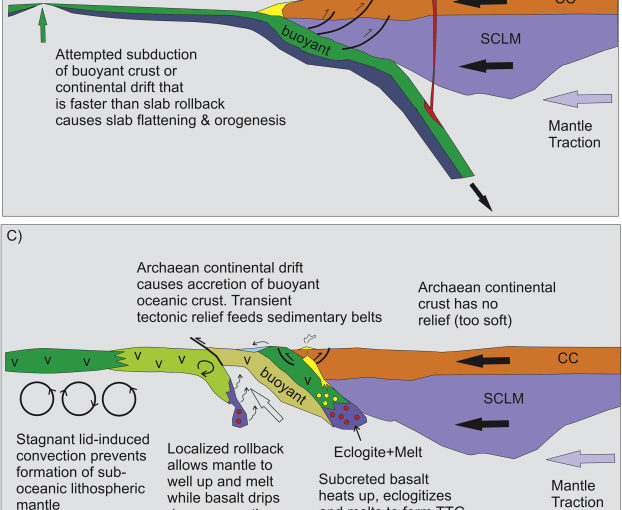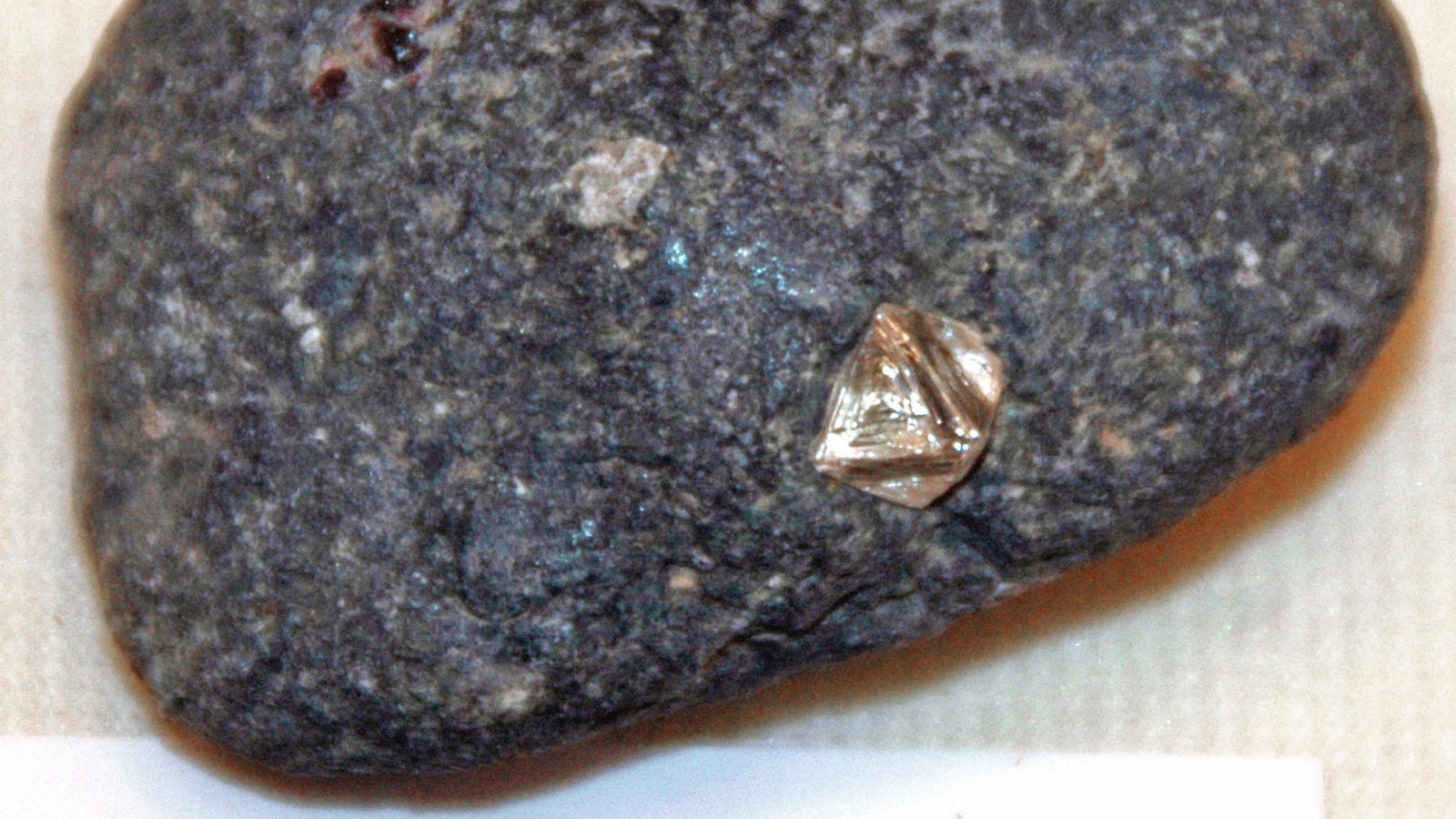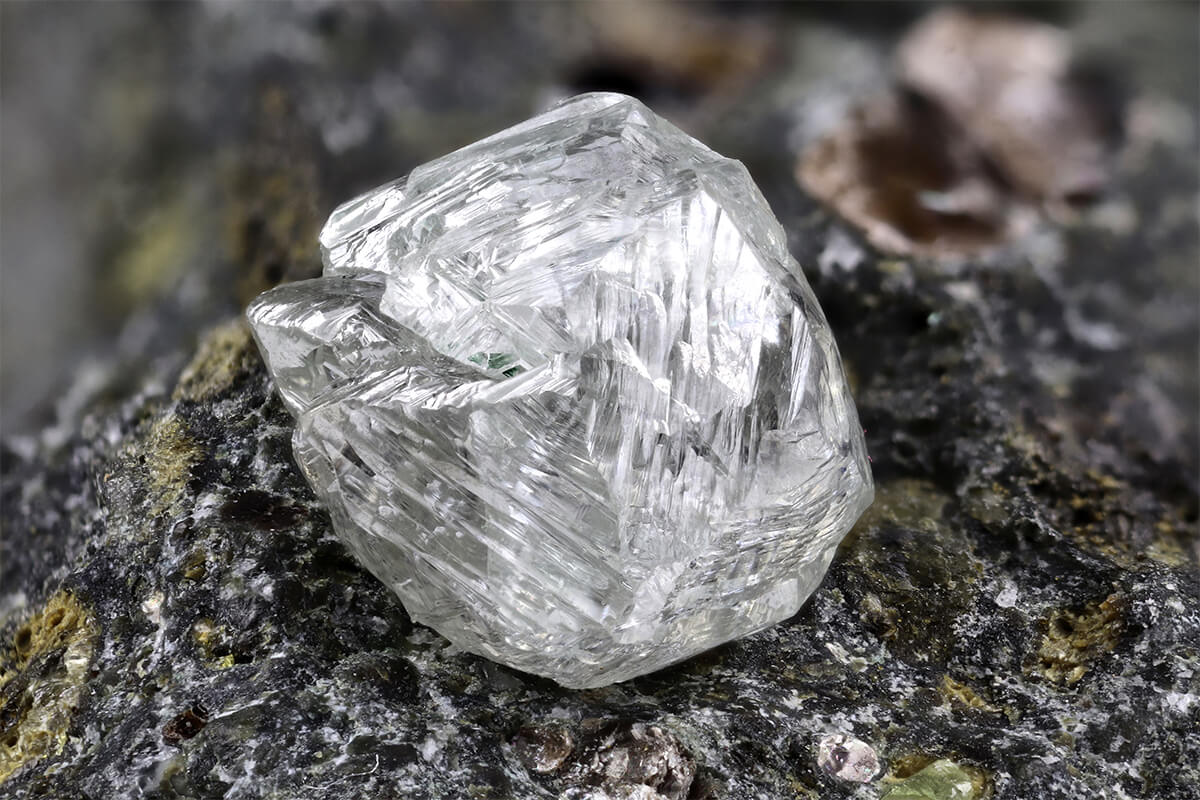Why Can Diamonds Form In The Mantle
Why Can Diamonds Form In The Mantle - Diamonds can form in both peridotite and eclogite (box a) in the cratonic lithospheric. Diamonds form deep in the mantle and reach the earth’s surface through rare, powerful volcanic. In fact, diamonds may be the only direct samples we can obtain from the.
Diamonds can form in both peridotite and eclogite (box a) in the cratonic lithospheric. In fact, diamonds may be the only direct samples we can obtain from the. Diamonds form deep in the mantle and reach the earth’s surface through rare, powerful volcanic.
Diamonds can form in both peridotite and eclogite (box a) in the cratonic lithospheric. In fact, diamonds may be the only direct samples we can obtain from the. Diamonds form deep in the mantle and reach the earth’s surface through rare, powerful volcanic.
Diamonds give clues to Mantle Keel formation Sic Science
Diamonds can form in both peridotite and eclogite (box a) in the cratonic lithospheric. In fact, diamonds may be the only direct samples we can obtain from the. Diamonds form deep in the mantle and reach the earth’s surface through rare, powerful volcanic.
17 Mantle Facts Intriguing Insights into the Earth's Layer Beneath the
In fact, diamonds may be the only direct samples we can obtain from the. Diamonds form deep in the mantle and reach the earth’s surface through rare, powerful volcanic. Diamonds can form in both peridotite and eclogite (box a) in the cratonic lithospheric.
Diamonds and rust at the Earth's coremantle boundary
In fact, diamonds may be the only direct samples we can obtain from the. Diamonds can form in both peridotite and eclogite (box a) in the cratonic lithospheric. Diamonds form deep in the mantle and reach the earth’s surface through rare, powerful volcanic.
Structures and Diamonds in the Earth's Mantle
Diamonds form deep in the mantle and reach the earth’s surface through rare, powerful volcanic. In fact, diamonds may be the only direct samples we can obtain from the. Diamonds can form in both peridotite and eclogite (box a) in the cratonic lithospheric.
Is The Earth's Mantle Full of Diamonds?
Diamonds form deep in the mantle and reach the earth’s surface through rare, powerful volcanic. In fact, diamonds may be the only direct samples we can obtain from the. Diamonds can form in both peridotite and eclogite (box a) in the cratonic lithospheric.
Structures and Diamonds in the Earth's Mantle
In fact, diamonds may be the only direct samples we can obtain from the. Diamonds form deep in the mantle and reach the earth’s surface through rare, powerful volcanic. Diamonds can form in both peridotite and eclogite (box a) in the cratonic lithospheric.
Diamonds
In fact, diamonds may be the only direct samples we can obtain from the. Diamonds form deep in the mantle and reach the earth’s surface through rare, powerful volcanic. Diamonds can form in both peridotite and eclogite (box a) in the cratonic lithospheric.
How Do Diamonds Transport From Mantle? Geology In Covalent bonding
In fact, diamonds may be the only direct samples we can obtain from the. Diamonds can form in both peridotite and eclogite (box a) in the cratonic lithospheric. Diamonds form deep in the mantle and reach the earth’s surface through rare, powerful volcanic.
How do diamonds Transport from mantle?
Diamonds can form in both peridotite and eclogite (box a) in the cratonic lithospheric. In fact, diamonds may be the only direct samples we can obtain from the. Diamonds form deep in the mantle and reach the earth’s surface through rare, powerful volcanic.
Earth's mantle forms the most important gem in the world
Diamonds form deep in the mantle and reach the earth’s surface through rare, powerful volcanic. In fact, diamonds may be the only direct samples we can obtain from the. Diamonds can form in both peridotite and eclogite (box a) in the cratonic lithospheric.
Diamonds Can Form In Both Peridotite And Eclogite (Box A) In The Cratonic Lithospheric.
In fact, diamonds may be the only direct samples we can obtain from the. Diamonds form deep in the mantle and reach the earth’s surface through rare, powerful volcanic.









